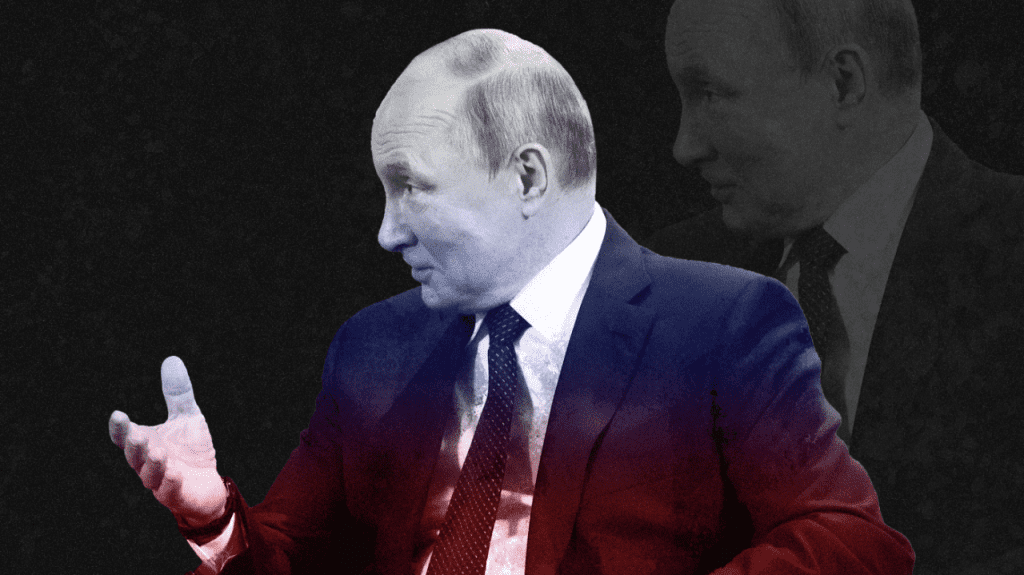Quick Bytes
- U.S. sends mixed signals on democracy ahead of Munich Security Conference.
- Former President Trump’s remarks on NATO cause alarm in Europe.
- U.S. Congress and public show wavering support for Ukraine amidst war fatigue.
- Global security concerns like migration, climate change, and Russia’s war top the agenda at the conference.
Summary
As the Munich Security Conference approaches, the United States faces scrutiny over its commitment to democracy and international alliances. The conference, a pivotal event for global military and diplomatic discussions, is overshadowed by America’s internal disputes regarding aid to Ukraine and former President Trump’s controversial statements about potentially ending NATO. Trump’s suggestion that the U.S. might not defend NATO allies has drawn sharp criticism from European leaders and U.S. President Biden, who labeled the remarks as “dangerous” and “unAmerican.”
Despite a strong bipartisan Senate vote supporting a substantial aid package for Ukraine, there is resistance in the House, with Speaker Mike Johnson expressing skepticism. Public support for Ukraine is also declining, with a Gallup poll indicating a growing number of Americans believe the U.S. is overextending its help. This hesitancy comes at a critical juncture for Ukraine, which is grappling with internal military leadership issues and the ongoing threat from Russian forces, bolstered by support from North Korea and Iran.
The Munich Security Conference is set to address pressing global security issues, including migration, climate change, and the war in Russia. The outcome of the conference could significantly impact the West’s stance on supporting Ukraine, with experts warning that a reduction in aid could lead to a negative turn in the conflict. The urgency for the U.S. and its allies to present a united front against threats to global security has never been greater.



